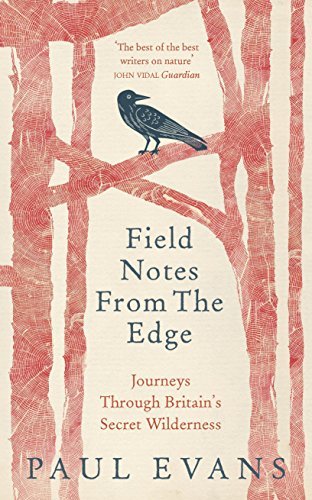What do you think?
Rate this book


272 pages, Kindle Edition
First published June 4, 2015
“Personal stories are about moving from place to place, and these places can be internal as well as out there in the world.”
“Wild is a quality of Nature, a mode of existence and its life is not captured by the managerial language of biodiversity, neither is the wild a destination. Wild Nature is something words are meant to tame. Words define, order, categorise and oppress; wildness is too slippery for that, too indomitable and so it’s a fugitive from language.”
“Nature has such a profound effect I struggle to describe it. Language becomes inadequate and terms such as ‘sacred’ or ‘magical’ have lost their potency and can be as cliched as ‘stunning’, incredible’, or ‘fantastic’. I struggle with the intimate language I use to describe Nature, trying not to make my emotional responses appear trite or twee. Sometimes this works well, and sometimes not, and so to avoid the risk of embarrassing purple there’s a counter tendency to stand back, as a detached scientific observer or journalist might do, and recount the experience as if there were no emotional connection. This is an abdication of responsibility: bearing witness, being truthful, requires emotional honesty.”